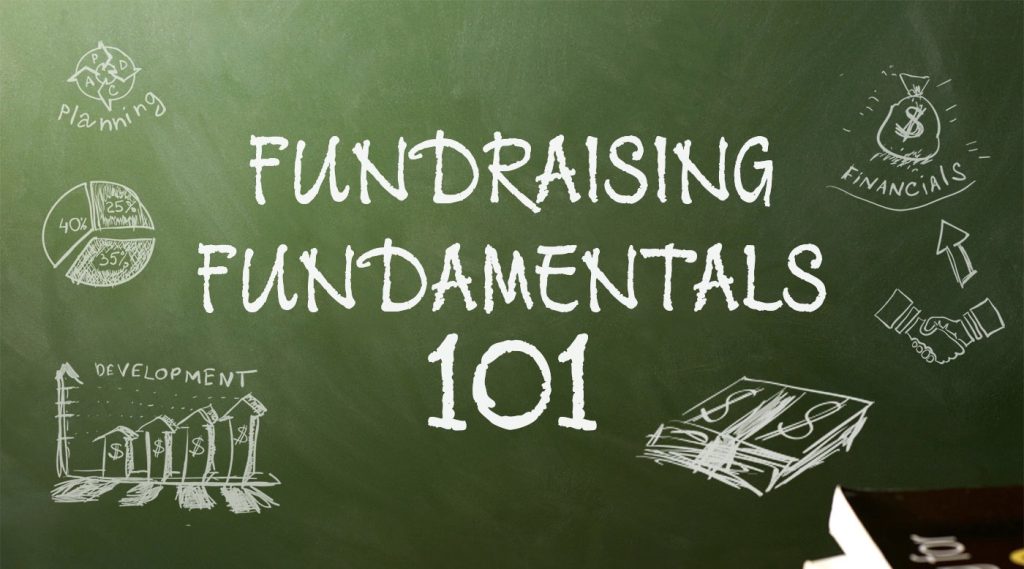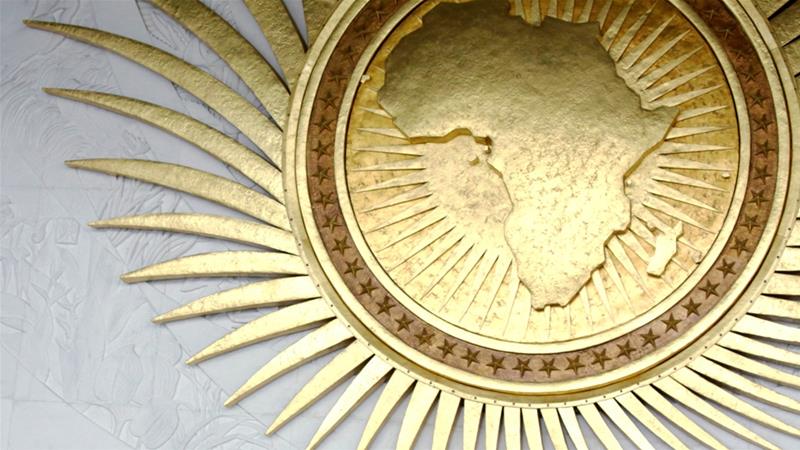Startup Funding 101: Focus on Making Money, Not Raising it!
Never say never. This piece isn’t to persuade you to flat out put aside your efforts for external funding. The world is still spinning, albeit amidst a full-blown pandemic. But if ever there was a time to look internally for value first, this would be it. COVID-19 did not spare the investment and venture capital (VC) space. There is less interest in putting money out there and more risk averse behaviour towards spending of any kind. This is true all over the world. This coronavirus has not been fully figured out and most investors and VC’s would prefer to wait to see how things pan out before leaping back into the game. I’ve been reading on how COVID-19 has affected international diplomacy. It hits me now that it’ll reduce the preferred face-to-face due diligence processes that most investors and VC’s like to undertake. When flying out is not the first choice, foreign investors will opt for local investment opportunities on their turf rather. Don’t even get me started on company valuations. I mean, who knows anymore. Multimillion corporations have been reduced to dust during this pandemic. Apropos that, who can tell what’s worth what within the startup space in a time like this. But it’s definitely not the end of the world, literally. So, in the current times and space where things are not looking so good, I believe what we’re saying is LOOK WITHIN. Enjoy the following article, written by Simon Turner, Project Operations Director at MEST Africa, and Marco Rovagnati, Founder of Poapoa. Have a lovely week! ♕ —- ♕ —- ♕ —- ♕ —- ♕ —- ♕ —- ♕ —- ♕ —- ♕ All too often we see startups obsessing over funding, especially when they’ve only just started out. Funding is seen as a holy grail, the solution to all problems and too often considered the only measure of success. This is a common pitfall for entrepreneurs, all the way from Silicon Valley (USA) to Yabacon valley (Nigeria). When it comes to the African continent, it’s not surprising that we have the tendency of putting capital on a pedestal, given the challenges that entrepreneurs face when accessing finance. As humans we crave what we can’t have, which is why we must beware of red herrings. Funding will not solve all of your problems. In this article we are going to debunk some of the myths around funding, emphasize the importance of bootstrapping for the early growth of your business, and give you a set of guidelines to understand whether you are truly ready to raise capital and how to make sure your business is in the shape to do so. Any advice on funding should be tailored to your stage of development and specific needs, but if we have to make a blanket statement it would probably be: bootstrap as long as you can and try to think of ‘revenue’ as your primary funding strategy. In other words, don’t raise money until your business is making money. Obtaining funding does not guarantee success or prevent failure, and as soon as you acquire funding, you also have to manage other people’s interests and agendas. You become beholden to people who want to make their money back (at considerable multiples). Some cynics would argue that once you raise money you basically end up working for someone else, so why are you in business? What are the values driving you? For example, if you are pursuing entrepreneurship because you seek freedom and flexibility then accessing institutional funding (e.g. from a VC), might not be for you as it will turn your dream of freedom into a full time job with targets and accountability. If you are extremely ambitious and driven to build the next tech unicorn, you need to prove that your idea can work and generate cash (also known as MVP, Minimum Viable Product). To achieve this, you don’t need millions of dollars but a few thousands will take you great lengths. So, how do you get your first cash injection? We often see successful entrepreneurs being their own source of funding (savings, double jobs etc) and when things start to look promising they then reach out to their immediate circle of what we like to call ‘friends, family & fools’. Remember that this is your journey, don’t compare yourself to others and scale at your own pace; you are in the driving seat and you should seek funding when you least need it. The more mature and successful your company is, the more attractive you’ll be to investors, and the better the deals you’ll get. Being desperate will almost certainly get you the raw end of the deal. Besides, chasing funding is a full-time role that requires a lot of preparation and leg work and a lot of knowledge. You’ll be expected to be an expert and know your business and market inside and out. Thus, if you’re not careful, chasing the dollar can distract from your core business. This is true when you are raising equity and even more when it comes to grants. A well-crafted grant application requires several days of work and a really good track record, therefore, do not apply to every grant that looks remotely relevant, but focus on your business and be laser focused with a putting together a few outstanding applications. As a rule of thumb, the best applications and funding sources will come from within your network, hence you should focus on nourishing your connections with the entrepreneurial ecosystem rather than applying blindly to all the grants out there. Losing focus is a key danger for any entrepreneur and should be avoided at all costs. Bootstrapping your business will help you build a strong MVP (minimum viable product) and define a clear value proposition to your company, meaning that your product is well defined, your team is strong, you have traction (sales), you know your industry and competition and you have your financial projections. You also need to be absolutely clear about the type of (funding?) you want (such as debt, equity, grants) and how you’ll use it. There are many different sources too. We’ve come
Startup Funding 101: Focus on Making Money, Not Raising it! Read More »




